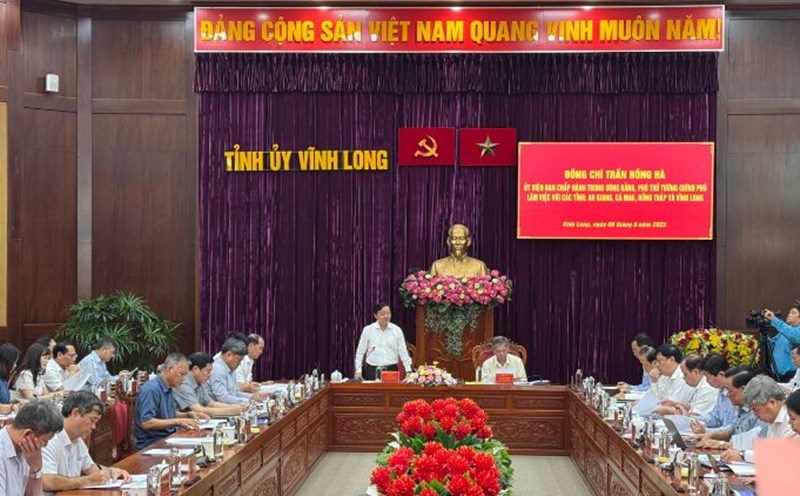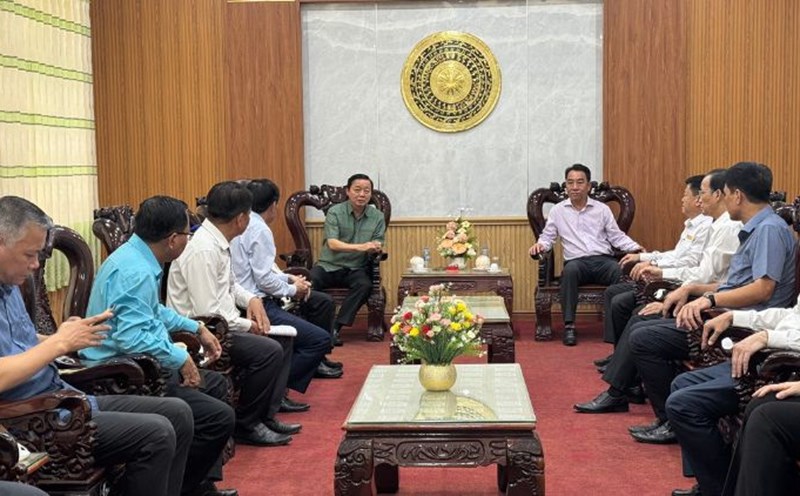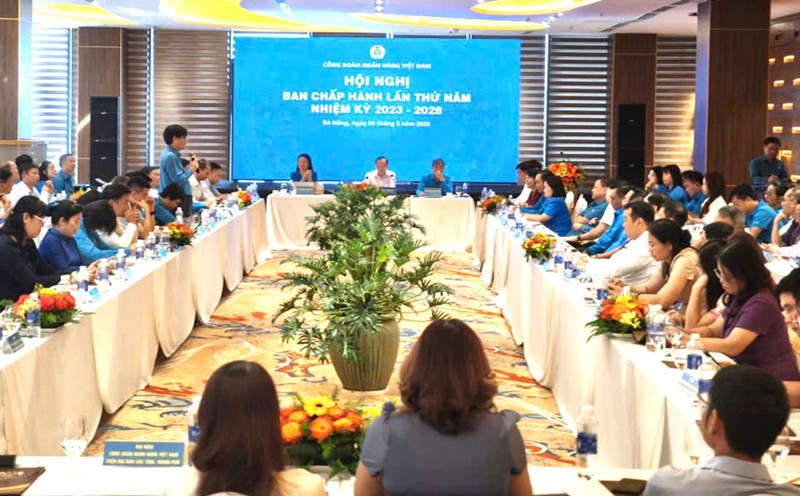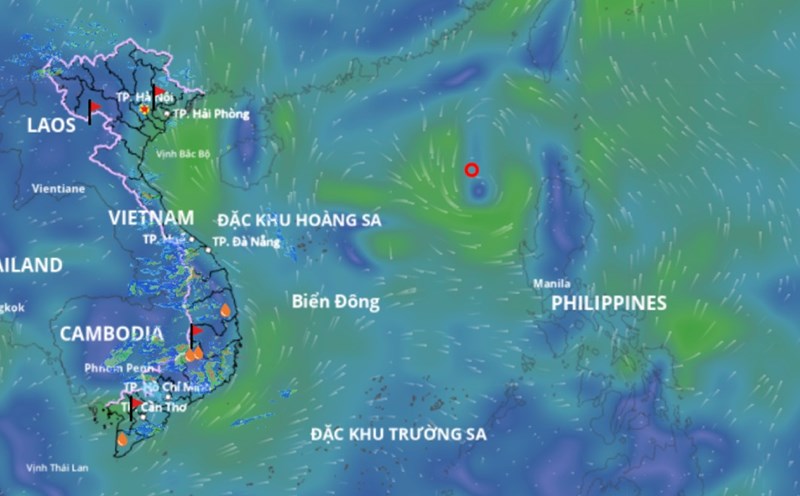Localities propose to remove obstacles for public investment and human resources
At the meeting, representatives of the 4 provinces reported on the results of production and business, investment, infrastructure construction, social housing development and the progress of implementing the two-level government model.
In the first 6 months of 2025, GRDP growth of localities reached a fairly good level, notably An Giang and Vinh Long with an increase of nearly or exceeding 8%. The industry - construction sector has increased sharply, while agriculture has increased slowly due to the impact of climate change.
Localities attracted more than 60 new investment projects, with a total registered capital exceeding 42,000 billion VND. Ca Mau stands out with key energy and industrial projects; Vinh Long leads in attracting FDI in industrial parks.
Dong Thap and An Giang focus on the fields of agricultural - aquatic processing, logistics. The number of newly established enterprises exceeds 1,000 units in each locality, with the online registration rate reaching nearly 100%.
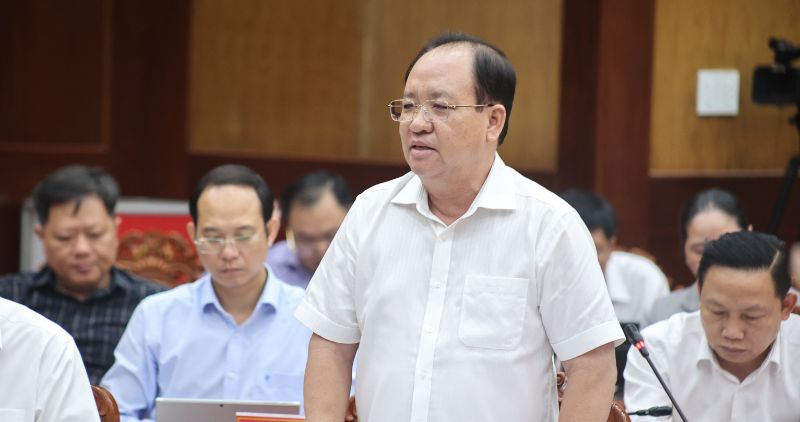
However, the disbursement rate of public investment capital is still lower than the national average. Regarding social housing, An Giang has completed more than 1,800 units, reaching 72% of the 2025 plan. The remaining provinces are completing legal procedures to implement the project.
One of the major problems raised by localities is the difficulty in organizing the commune-level apparatus after the arrangement of administrative units. The personnel are mainly arranged mechanistically, lacking uniformity in qualifications, and there is a situation of local surplus or shortage.
Some localities have difficulty in updating and reporting data, especially when management units increase sharply. In addition, the synchronization of administrative procedures on the National Public Service Portal is still limited.
Remove mechanism obstacles, perfect the apparatus
Speaking at the meeting, Mr. Tran Hong Ha - Member of the Party Central Committee, Deputy Prime Minister - requested the provinces to review and rearrange commune-level cadres to suit the job title and job position standards, especially in areas such as investment, construction, environment, and agriculture.
The addition, transfer, and recruitment of personnel need to be prioritized from on-site sources, while organizing special training programs to improve the quality of the team.
The Deputy Prime Minister proposed investing in information technology infrastructure and facilities at the commune level; studying specific mechanisms to attract and retain cadres in remote, isolated and border areas. In addition, it is necessary to establish an inter-sectoral support network at the commune level in the fields of natural disaster and disease prevention.
Regarding public investment, the Deputy Prime Minister noted that the disbursement rate is still low, and it is necessary to clarify the reasons from the policy mechanisms on land, construction, agriculture, bidding, etc.
The Deputy Prime Minister requested to classify projects that are slow to be implemented; projects with inspection conclusions will be completely handled, and projects without conclusions will be temporarily removed from the list so as not to affect the overall progress.
Receiving recommendations from localities on specific policies for socio-economic development in the southwestern border area, Deputy Prime Minister Tran Hong Ha assigned the Ministry of Construction and the Ministry of Finance to synthesize and report to the Government on projects such as Hon Khoai, the Dat Mui connecting route...

